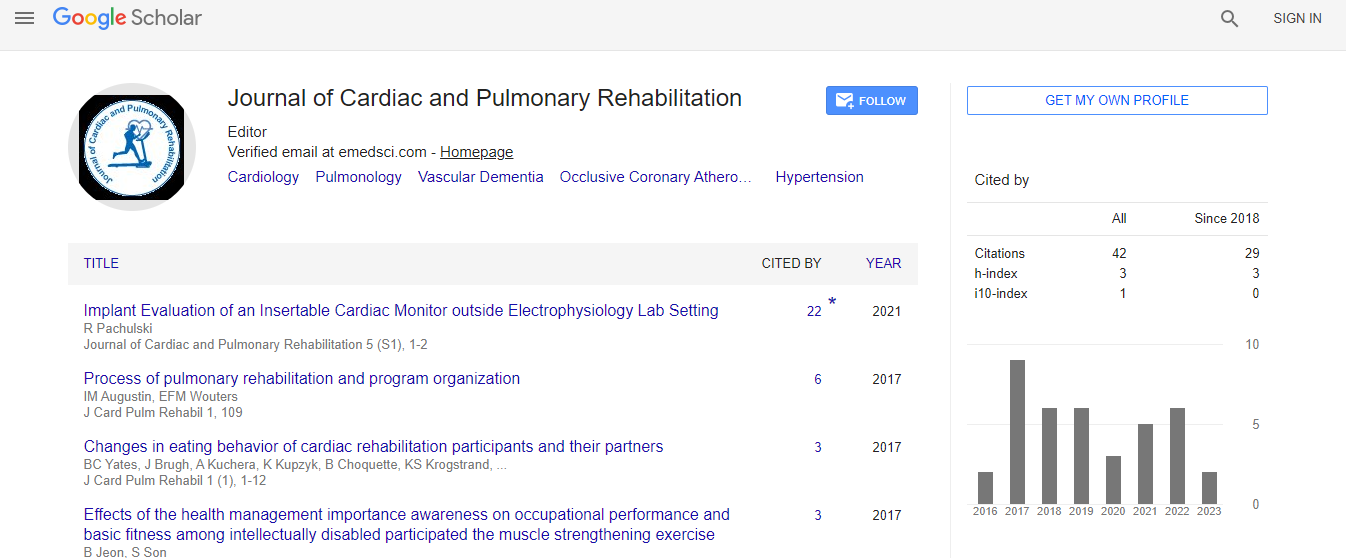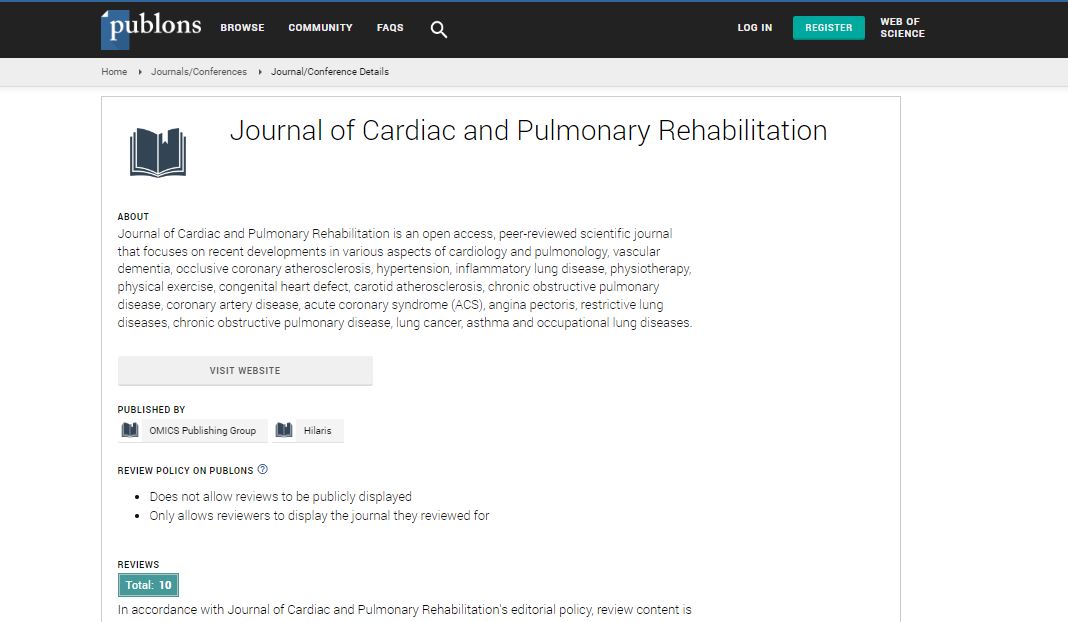Cardiogenic Shock and Mechanical Circulatory Support (MCS): Advances in Management and Outcomes
*Corresponding Author: Kuan-Cheng, Graduate Institute of Clinical Medical Science, China Medical University, Taiwan, Email: Kuancheng.l@gmail.comReceived Date: Nov 05, 2024 / Published Date: Nov 29, 2024
Citation: Kuan-Cheng (2024) Cardiogenic Shock and Mechanical Circulatory Support (MCS): Advances in Management and Outcomes. J Card Pulm Rehabi 8: 293.
Copyright: © 2024 Kuan-Cheng. This is an open-access article distributed under the terms of the Creative Commons Attribution License, which permits unrestricted use, distribution, and reproduction in any medium, provided the original author and source are credited.
Abstract
Cardiogenic shock (CS) is a life-threatening condition characterized by impaired cardiac output, leading to inadequate tissue perfusion and organ dysfunction. Despite advances in pharmacological and mechanical therapies, the management of CS remains a clinical challenge, with high mortality rates. Mechanical circulatory support (MCS) has emerged as a critical intervention in the treatment of CS, bridging the gap between acute cardiac failure and recovery or heart transplantation. Recent advances in MCS devices, including intra-aortic balloon pumps (IABP), extracorporeal membrane oxygenation (ECMO), and ventricular assist devices (VADs), have expanded therapeutic options and improved outcomes in selected patient populations. This review examines the latest advancements in MCS technologies, their role in the management of CS, and their impact on patient survival and recovery. We also discuss the clinical indications, complications, and evolving strategies for optimizing MCS utilization, as well as future directions in the management of cardiogenic shock

 Spanish
Spanish  Chinese
Chinese  Russian
Russian  German
German  French
French  Japanese
Japanese  Portuguese
Portuguese  Hindi
Hindi 
